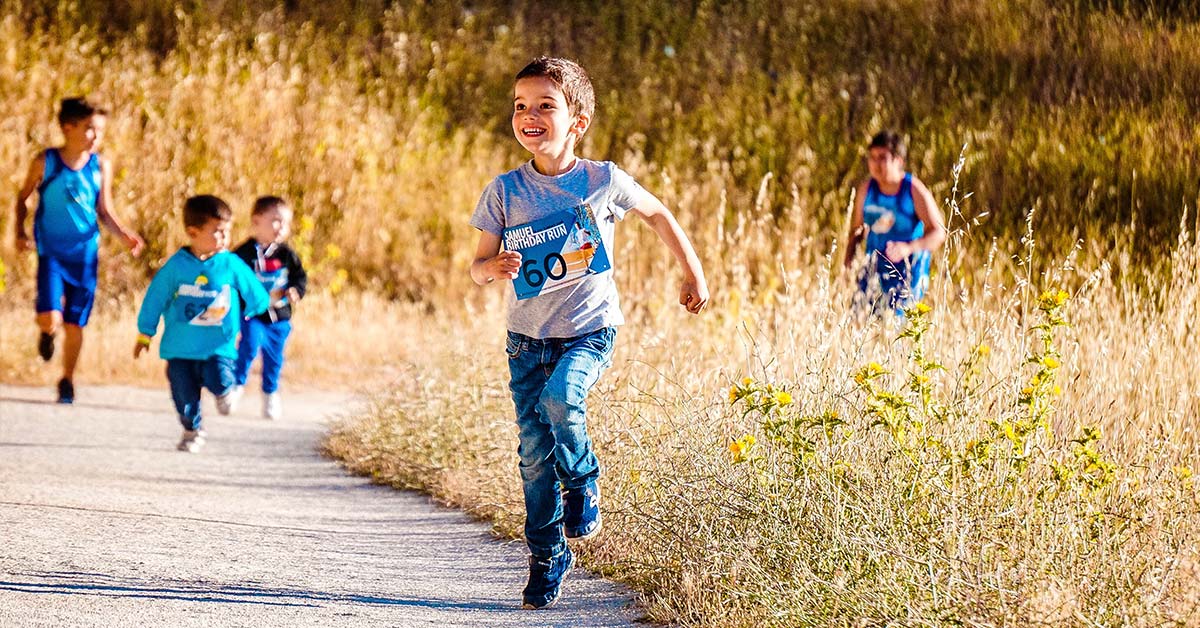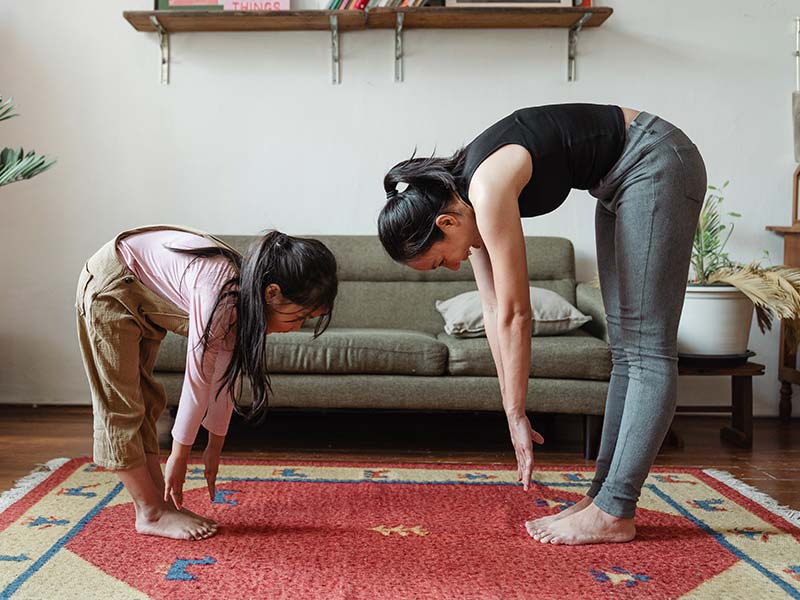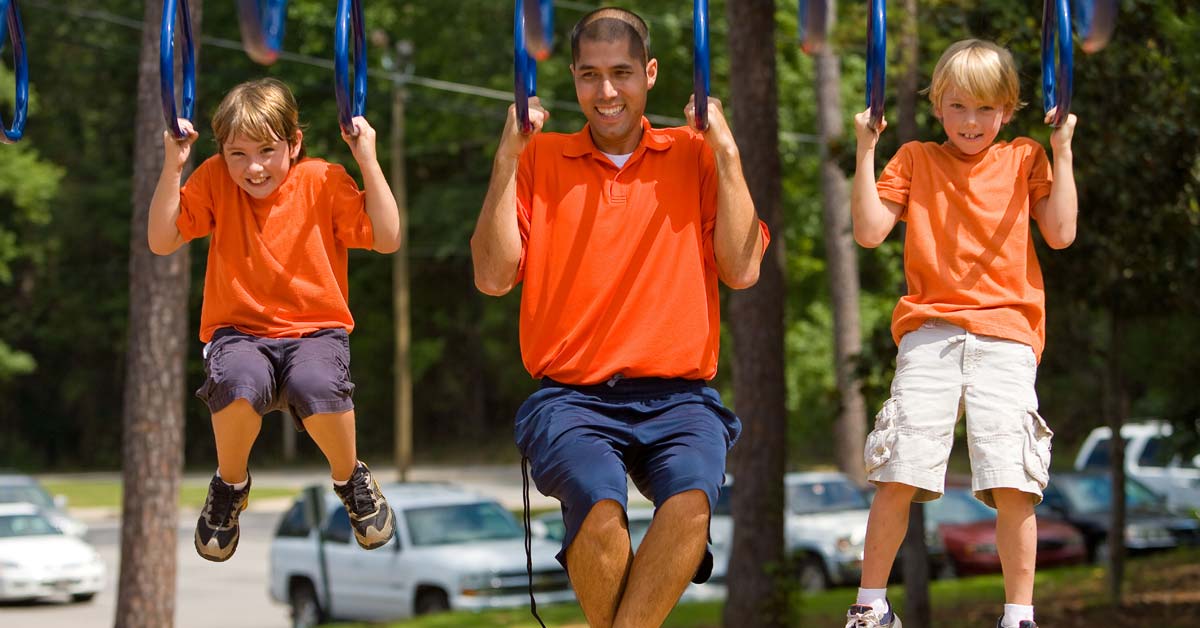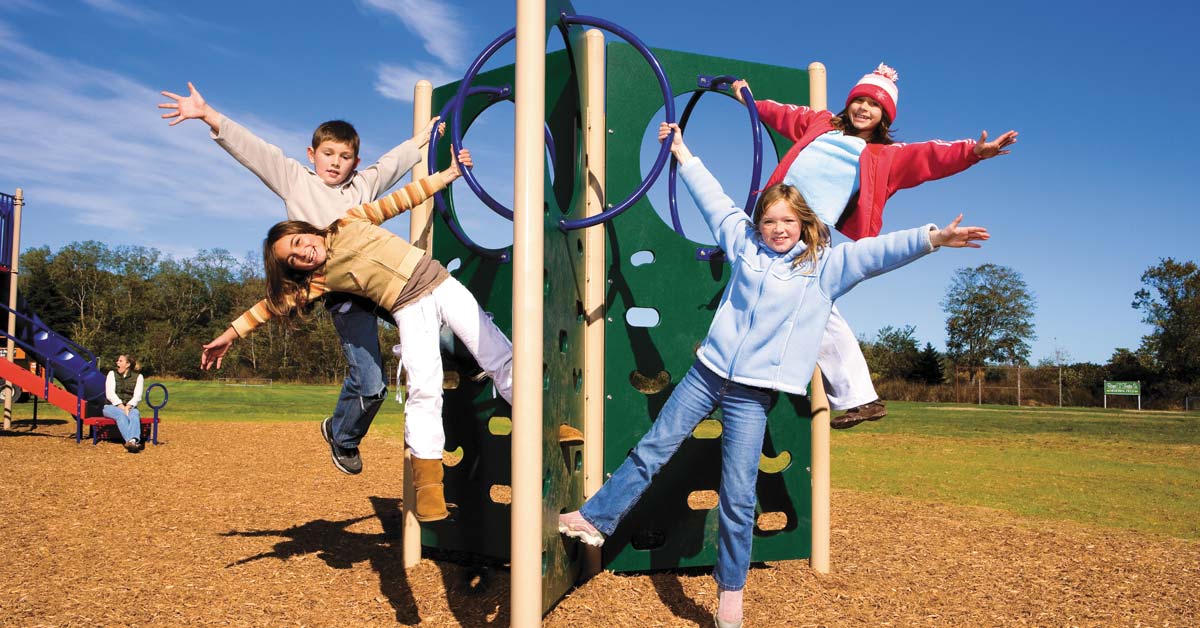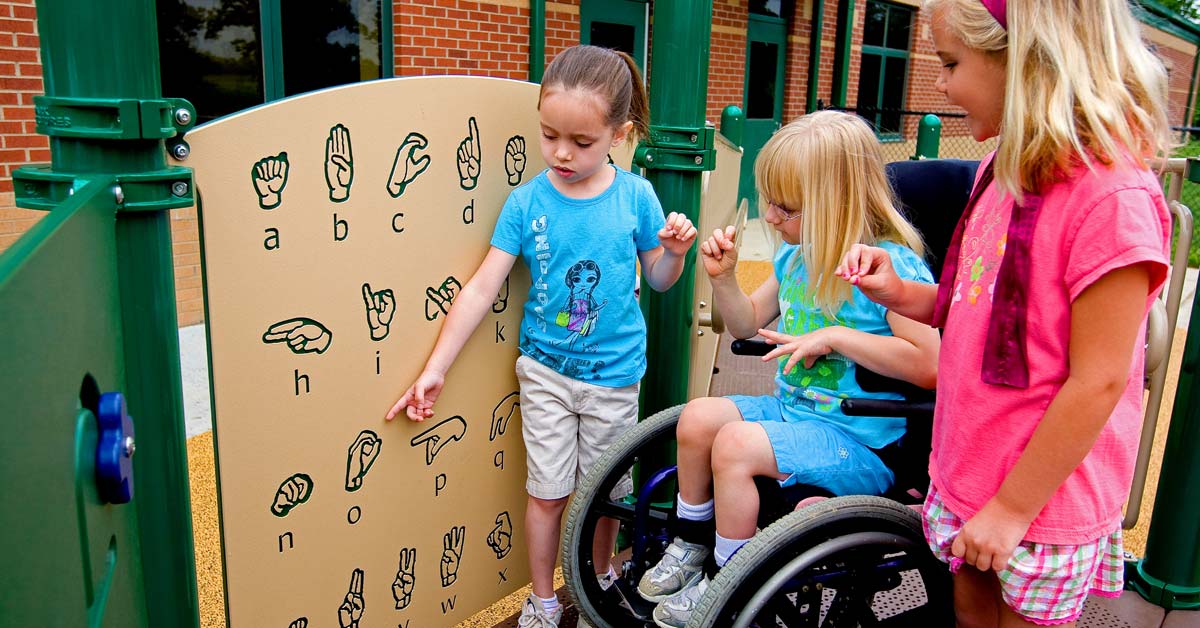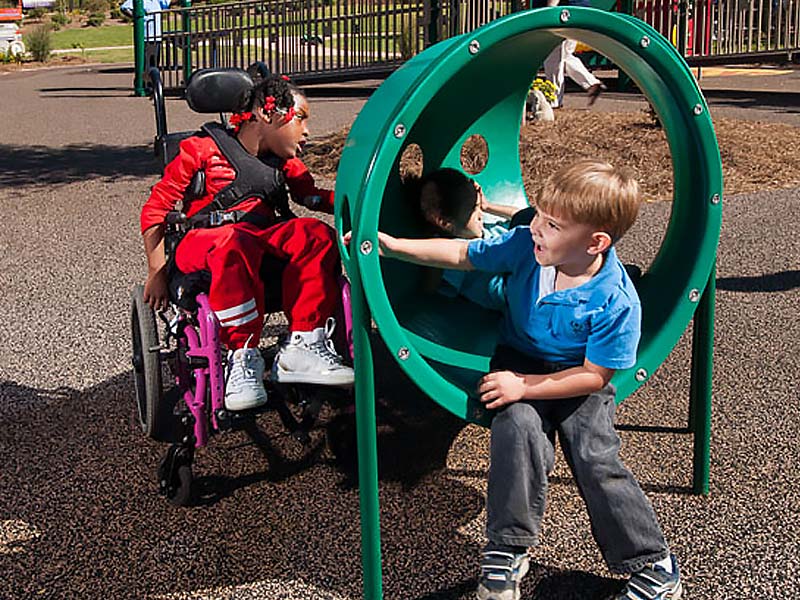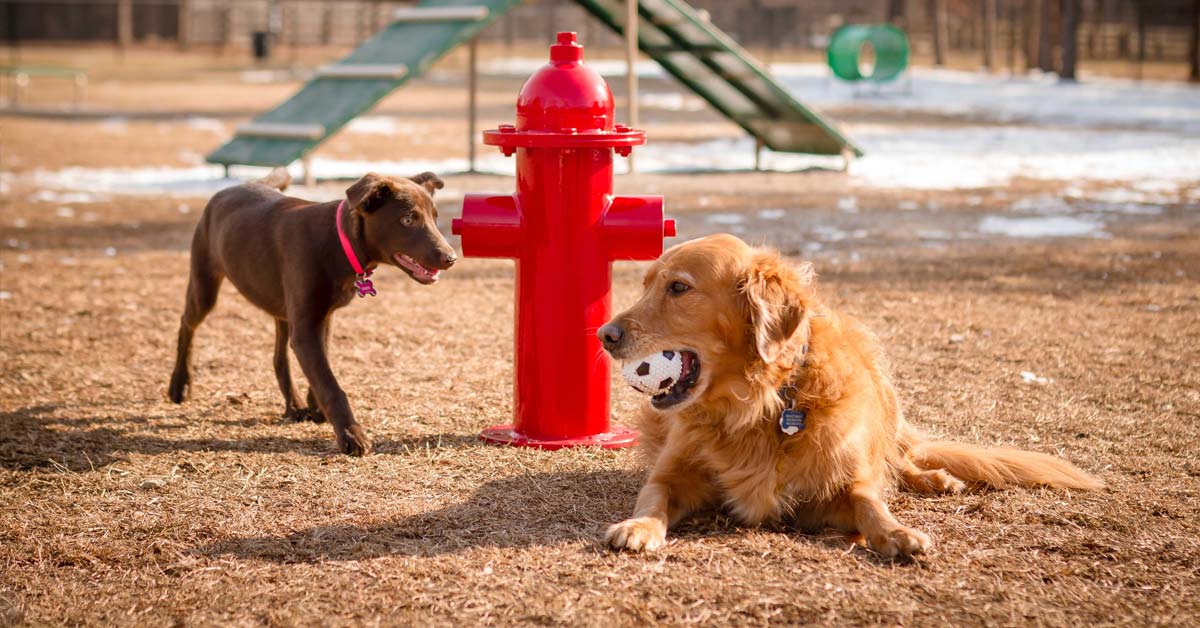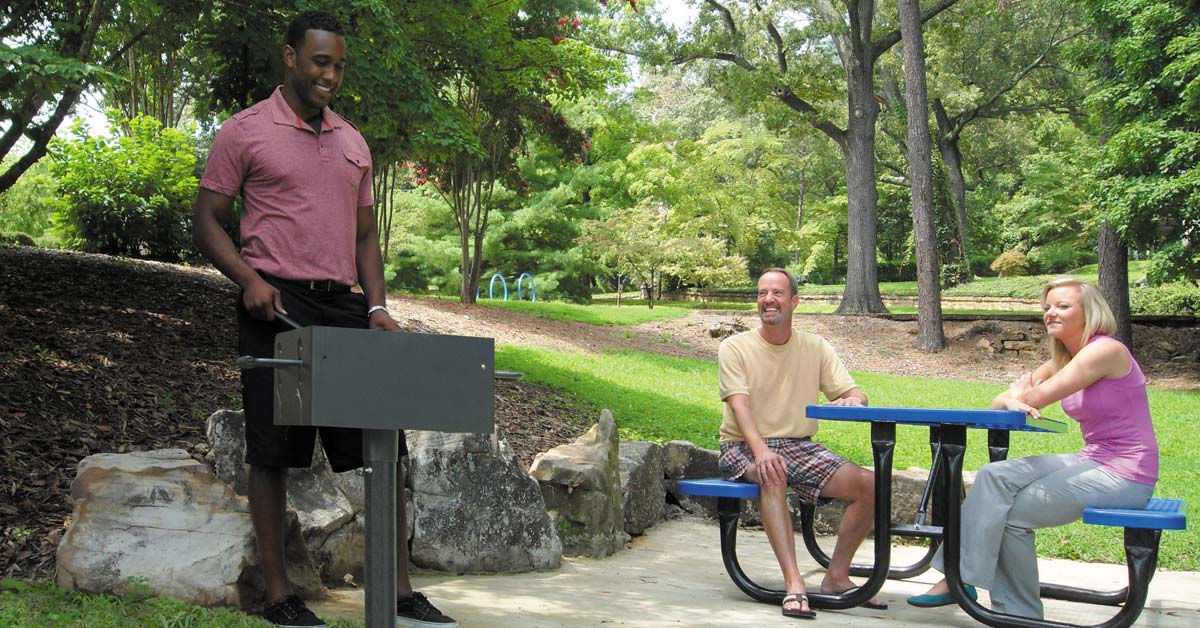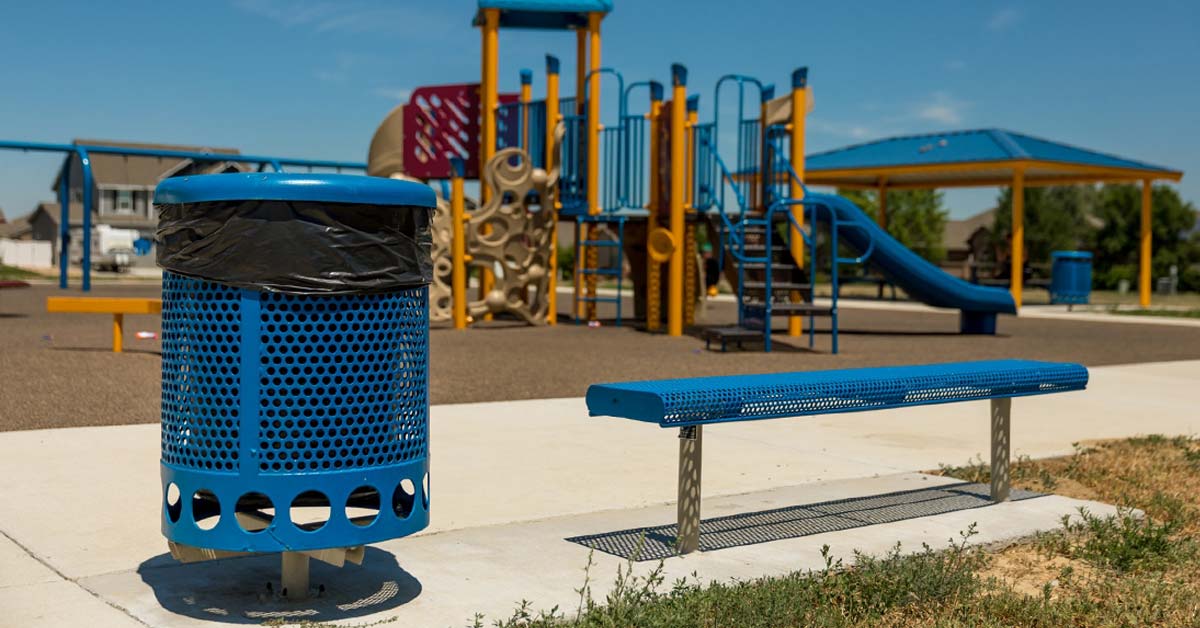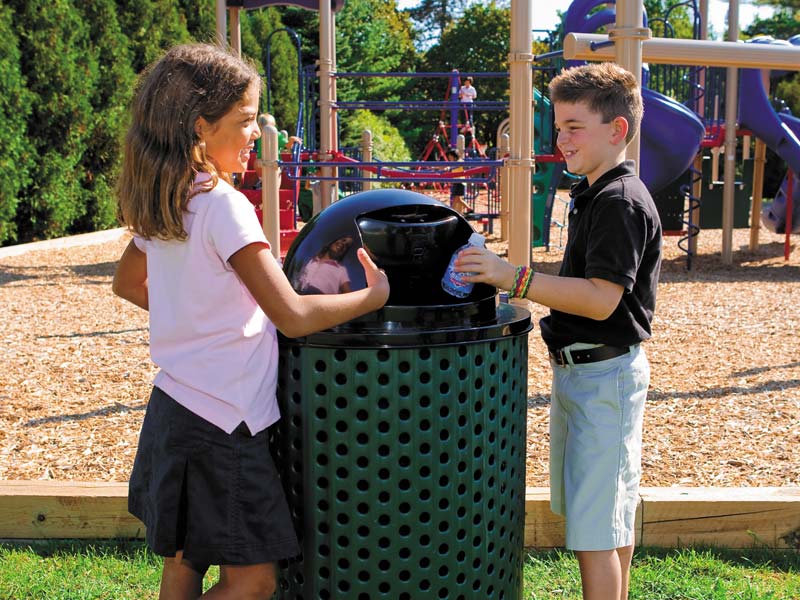Fostering childhood leadership and teamwork is invaluable. The odds of any child becoming a professional athlete are pretty slim. However, the a child becoming a professional collaborator are pretty high. Teamwork isn’t just for the field; it’s also a life skill that children will carry with them forever. Teamwork and childhood leadership play a huge role in social competency. Additionally, children who participate in teamwork building activities are better equipped to interpret their peer’s needs. Participating in team activities gives children the opportunity to practice negotiation and leadership skills.
The good news is that childhood leadership happens naturally during group play. Parents, teachers and coaches can help children can grow this vital skill set during structured activities. One of the keys to teamwork is successful negotiation. Allowing participants to brainstorm objectives and create goals together is a great way to integrate negotiation into a structured environment. Also, groups who choose their own goals have a deeper understanding and commitment to meeting them.
Fostering Childhood Leadership in Each Child
The advantage of an adult led activity is that with proper guidance all children can take turns in leadership roles. Traditionally, coaches identify leaders among their participants and appoint a captain that they feel has the ability to lead the team through example. This narrow approach to leadership is a little out dated in today’s fast paced world. Smart coaches know everyone has a strength and each strength is important to team success.
Instead of appointing a permanent captain, select temporary captains who have strength in the skill set you’re focusing on. Even the meekest voices find it easier to speak up when they take charge of a subject they’re confident about. Natural athletes may actually benefit the most from this approach. It helps them avoid developing a ‘big fish in a small pond’ attitude that may not serve them well when they progress to more competitive divisions.
Participation
Letting participants teach each other is another good way to foster teamwork and improve performance. Teaching requires a deep understanding in childhood leadership. Someone who seems effortless may not be able to express their mechanical understanding right away. By encouraging children to really think about and dissect their actions, they’ll analyze their own performance better. Teaching encourages your players to connect cognitively with physical activities. The ability to express the how and why of their successes will improve a young athlete’s overall performance and help to develop childhood leadership and communication skills.
Team-Building
Playing team-building games is another fun way to encourage teamwork. Children of all ages love to pretend. Whether on the field or in the classroom, take time to play childhood leadership games that help your kids collaborate. Problem-solving scenario games that challenge participants to work towards a solution using limited supplies are good ways to get kids working together. Ask them to cross a makeshift river or pretend they’re stranded and have to make shelter. These are some fun active games that get teams working together outside of their normal roles.
Last of all, remember to let kids be in charge once in a while. Whether that means letting your girl scout troupe choose where to sell cookies or having your soccer team design their own uniforms, children need to feel that when it comes to their time and talent, they have equal input. Nurturing this traits will breed additional childhood leadership skills.

